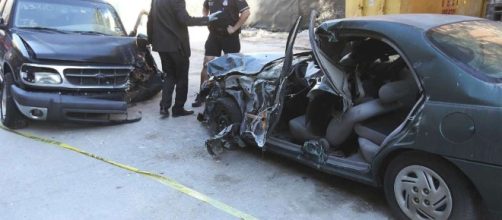The recent rise in the number of accidents due to rash driving has been the source of major concern among the ministers of the nation and after a long discussion, they have all arrived at a certain decision. It has been declared that the drivers who have been street racing, drunk driving, and doing such rash stunts on roads will not be spared by only after charging them with a fine. Instead, steps will be taken so that they can be arrested and put on trial for manslaughter.
Why such strict actions against dangerous driving?
According to a recent survey, it has was revealed that a many people are killed in a year due to the negligent driving of the ones behind the steering and the number of injured is a lot more than that.
According to Justice minister Sam Gyimah, "Killer Drivers Ruin lives", and they also cause unbearable pain to the ones who have lost their beloved. That is the reason why it is no longer okay to spare them with just a warning and a mere fine. Instead, this step has been taken in order to set an example so that no other person can show their arrogance while driving.
What are the actions?
It has been decided that the sentence for the person convicted of killing another due to rash driving can be pulled up from 14 years to lifetime and the person convicted of causing serious injury due to the same has to carry a minimum sentence of 3 years in jail. Till now, drunk driving, street racing, overtaking, driving while using mobile phones were considered not- so- serious offense but now on, the scenario has completely overturned.
In the year 2015 itself, about 122 people were sentenced for causing casualty by dangerous driving and 21 others for causing death by driving under influence. The ministry of justice consultation has high hopes regarding these steps and believes that the number of accidents due to negligent driving will gradually come down once the proposals have been accepted by the court. Also, the department will recheck the most offensive driving occurrences and will seek views on the current maximum penalty available to the court.

